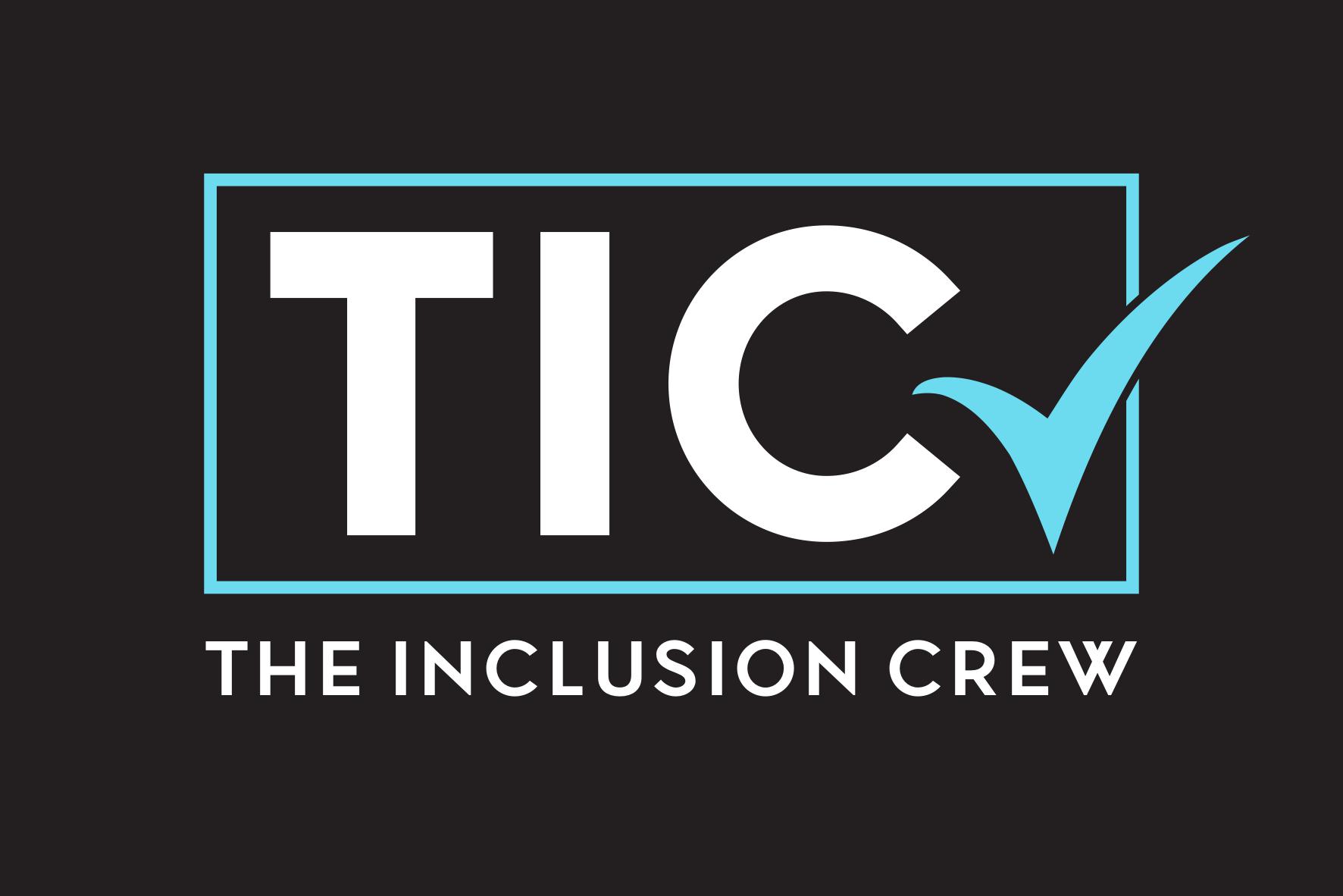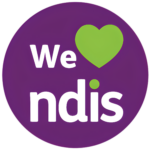NDIS Support Coordination: What You Need to Know
Navigating the National Disability Insurance Scheme (NDIS) can be both exciting and challenging. One crucial aspect you’ll encounter is the selection of the right support coordination option that aligns with your needs and goals. Support coordination plays a pivotal role in helping you make the most of your NDIS plan, and understanding how it works can be valuable. In this article, we’ll delve into what support coordination is and how it can benefit you.
Understanding Support Coordination
Support coordination is a pivotal component of the National Disability Insurance Scheme (NDIS), designed to empower individuals with disabilities in achieving their goals and making the most of their NDIS plans. At its core, support coordination involves connecting participants with disability to the right services, providers, and community resources that align with their unique needs and aspirations. This process is driven by a support coordinator who works closely with participants to identify their goals and preferences, ultimately facilitating the coordination of supports tailored to their individual circumstances.
One of the key benefits of support coordination is its ability to streamline the NDIS journey. Participants may find navigating the NDIS system complex and daunting, but support coordinators serve as guides, helping them navigate the intricacies of the scheme. They have a deep understanding of NDIS processes and can efficiently facilitate access to services, ensuring that participants receive the support they need when they need it. This not only reduces the administrative burden on participants but also allows them to focus more on their goals and desired outcomes.
Support coordination is not a one-size-fits-all approach, and the level of support provided can vary based on individual needs. The three primary types of support coordination include Support Connection, Support Coordination, and Specialist Support Coordination. The choice of support coordination type typically depends on the participant’s circumstances, including the complexity of their needs and their ability to self-manage their NDIS plan. This flexibility allows for a personalized approach, ensuring that participants receive the right level of support to achieve their goals and enhance their quality of life.
The Role of Support Coordination
There are different types of support coordination that can be provided under the NDIS, and the type you receive depends on your individual circumstances and needs. The decision regarding the level of support coordination you require is typically determined by the National Disability Insurance Agency (NDIA) based on the evidence they receive, including reports from occupational therapists, psychologists, hospitals, and other relevant sources.
Here’s an overview of the primary types of support coordination:
Support Connection:
Support Connection is the foundational level of support coordination within the NDIS framework. It plays a vital role in empowering participants to gain a deeper understanding of the NDIS system and develop the skills necessary to navigate it independently. At this stage, the focus is on building the participant’s capacity to connect with support providers and services on their own. Support Connection aims to instill confidence in participants, ensuring they can take control of their NDIS journey with minimal external assistance.
Individuals who opt for Support Connection are often those who have a strong grasp of their goals, preferences, and how they align with the NDIS plan. They may be comfortable with the paperwork, communications, and negotiations involved in managing their plan. Support Connection provides them with the tools and knowledge to access services and supports effectively, fostering a sense of self-reliance and self-advocacy. This level of support coordination encourages participants to actively engage with the NDIS process and take charge of their plan’s implementation.
Support Coordination:
Support Coordination represents a more hands-on and comprehensive approach within the spectrum of support coordination options under the NDIS. This level of support coordination is designed for participants who require guidance and assistance in navigating their NDIS plan effectively. A support coordinator becomes a pivotal figure in this process, working closely with the participant to ensure that the plan is implemented smoothly and aligns with their goals and preferences.
One of the key advantages of Support Coordination is the close partnership between the participant and their support coordinator. The support coordinator takes on the responsibility of liaising with service providers, processing invoices, and monitoring the progress of supports. This relieves participants of the administrative burden and allows them to focus on achieving their desired outcomes. Additionally, a support coordinator can offer valuable insights into the array of available service providers and help participants make informed choices about the services that best meet their needs.
Support Coordination is particularly beneficial for participants who want a more structured approach to their NDIS plan. It provides a safety net, ensuring that supports are delivered as intended and that any necessary adjustments are made promptly. This level of support coordination fosters a sense of partnership, empowering participants to actively participate in decision-making while having the assurance of expert guidance throughout their NDIS journey.
Specialist Support Coordination:
Specialist Support Coordination represents the highest level of support coordination available within the NDIS framework. This specialized service is tailored for participants who have complex needs, unique circumstances, or face significant challenges in managing their NDIS plans. What sets Specialist Support Coordination apart is the level of expertise and experience it brings to the table, making it particularly valuable for individuals with intricate support requirements.
Participants who opt for Specialist Support Coordination typically have multifaceted needs that may encompass various aspects of their life, including health, housing, and social support. A specialist support coordinator possesses in-depth knowledge of available support services, providers, and the broader disability sector. They are well-equipped to navigate complex situations, provide crisis support, and connect participants to specialist services that may be essential for their well-being.
One of the key roles of a specialist support coordinator is to develop a highly individualized plan that addresses the unique challenges faced by the participant. They collaborate closely with the participant, their family, and relevant service providers to ensure a holistic and cohesive approach to support. This level of support coordination can be transformational for participants with complex needs, as it provides the expertise and guidance required to access the right supports and achieve their goals, ultimately enhancing their quality of life.
The Power of the Right Support Coordination
The NDIS aims to enhance the lives of individuals with disability by providing access to the supports and services they need. While you may not need to choose the type of support coordination independently, understanding how it works and how it can benefit you is essential.
Support coordination ensures that your NDIS plan aligns with your goals, leading to improved outcomes and a more fulfilling life. Whether you receive Support Connection, Support Coordination, or Specialist Support Coordination, the NDIS is designed to be flexible and responsive to your unique needs.
With the right support coordination in place, you can confidently navigate the NDIS and embark on a journey of growth, independence, and achievement.


